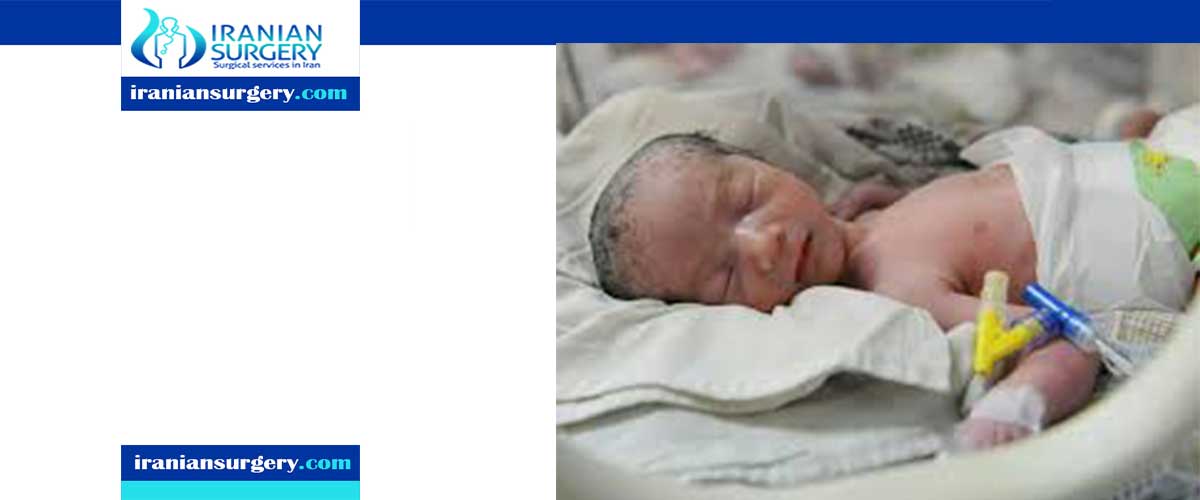1Does ICSI cause birth defects?
The incidence of genitourinary tract abnormalities is statistically significantly increased in children conceived by IVF/ICSI. The findings are consistent with other studies that suggest that patients with subfertility are at higher risk of having a child born with congenital abnormalities
2Is ICSI Safe for Babies?
Is It Safe for the Baby? ICSI-IVF comes with all the risks of a regular IVF cycle, but the ICSI procedure does introduce additional ones. A normal pregnancy comes with a 1.5 to 3 percent risk of major birth defect. ICSI treatment carries a slightly increased risk of birth defects, but it's still rare
3Do IVF babies have higher risk birth defects?
The risk of a child with a birth defect in the general fertile population is roughly 3–5 percent. ... A number of studies have indicated that couples with infertility, whether conceiving on their own or through other non-IVF treatment, have the same increased risk of birth defects as those undergoing IVF
4Does ICSI increase risk of miscarriage?
In agreement with the current study, previous studies showed that the miscarriage risk increases with increased maternal age in women undergoing ICSI 15, 16, 17. ... According to our study we reported the highest rate of miscarriage among the group of women with tubal block 45/60 (75%)
5Does ICSI affect gender?
Australian researchers found the odds of a boy went up from 51 in 100 when conceived naturally to 56 in 100. But another assisted reproduction technique called ICSI, which singles out the sperm that will fertilise the IVF egg, makes a girl more likely
6Are ICSI pregnancies high risk?
Risk of stillbirth is four times higher after IVF/ICSI compared to spontaneous pregnancies. Summary: Women who become pregnant with a single fetus after in vitro fertilization (IVF) or intracytoplasmic sperm injection (ICSI) have an increased risk of a stillbirth, according to new research
7Are ICSI babies normal?
IVF, ICSI Babies as Healthy as Others. July 2, 2003 -- Babies born with the assistance of the infertility treatments in vitro fertilization (IVF) and intracytoplasmic sperm injection (ICSI) don't face any more health problems than babies conceived by natural means, according to the longest-running study to date
8Can you have twins with ICSI?
Fertilization rates with ICSI range from 50 to 80 percent. However, not all fertilized eggs develop into healthy embryos. ... Couples that use ICSI with IVF have about a 30 to 35 percent chance for twins and a 5 to 10 percent chance for having triplets or more
9Is ICSI more successful than IVF?
Is ICSI better than IVF? It depends. Research shows that IVF is just as effective as the ICSI procedure, where sperm is injected directly into an egg, when there is no male infertility factor. Cumulative live birth rates in Victoria were similar for IVF and ICSI in these circumstances
10Does IVF guarantee healthy baby?
About 5 million kids worldwide have been born from IVF, says Hershlag, and most are healthy. ... Based on the available data, “in general we tell parents that IVF is safe and to a large degree, babies born from IVF are healthy and grow into healthy adults,” says Hershlag



